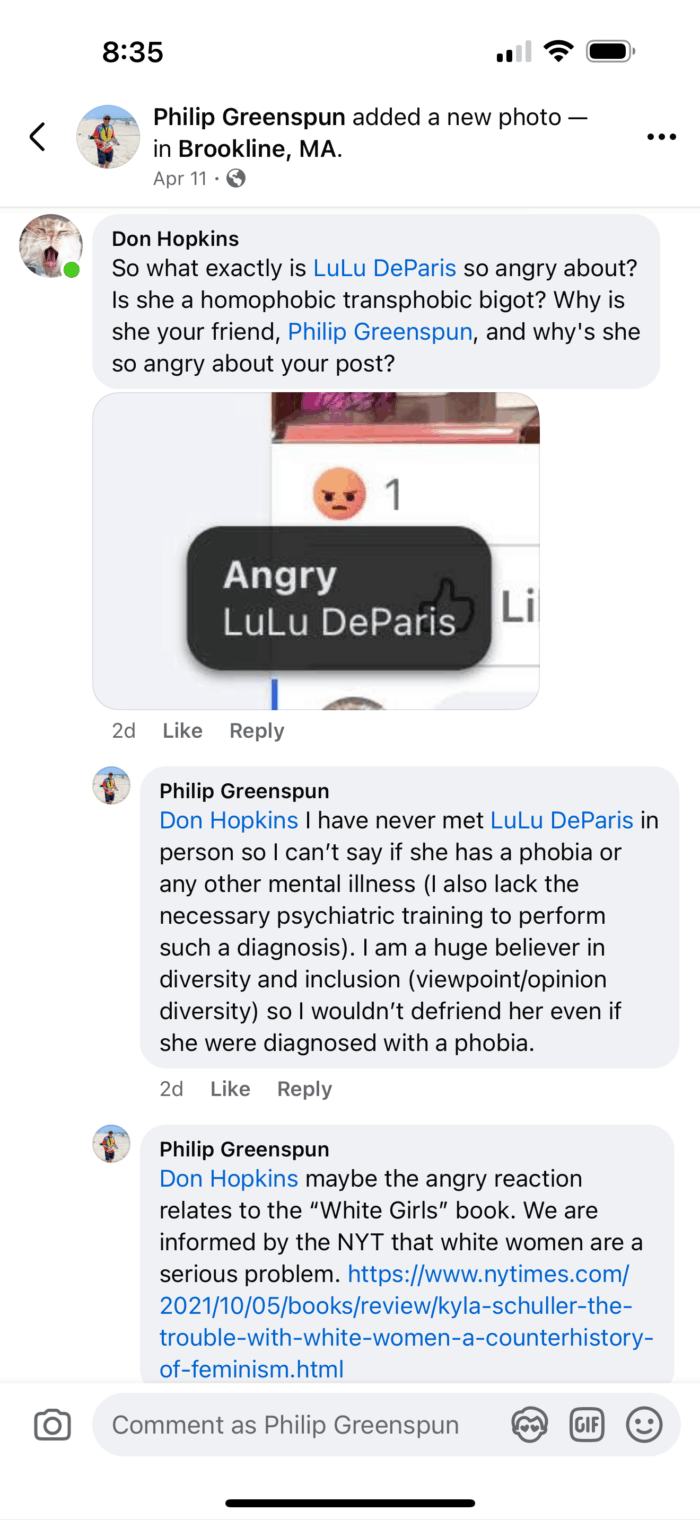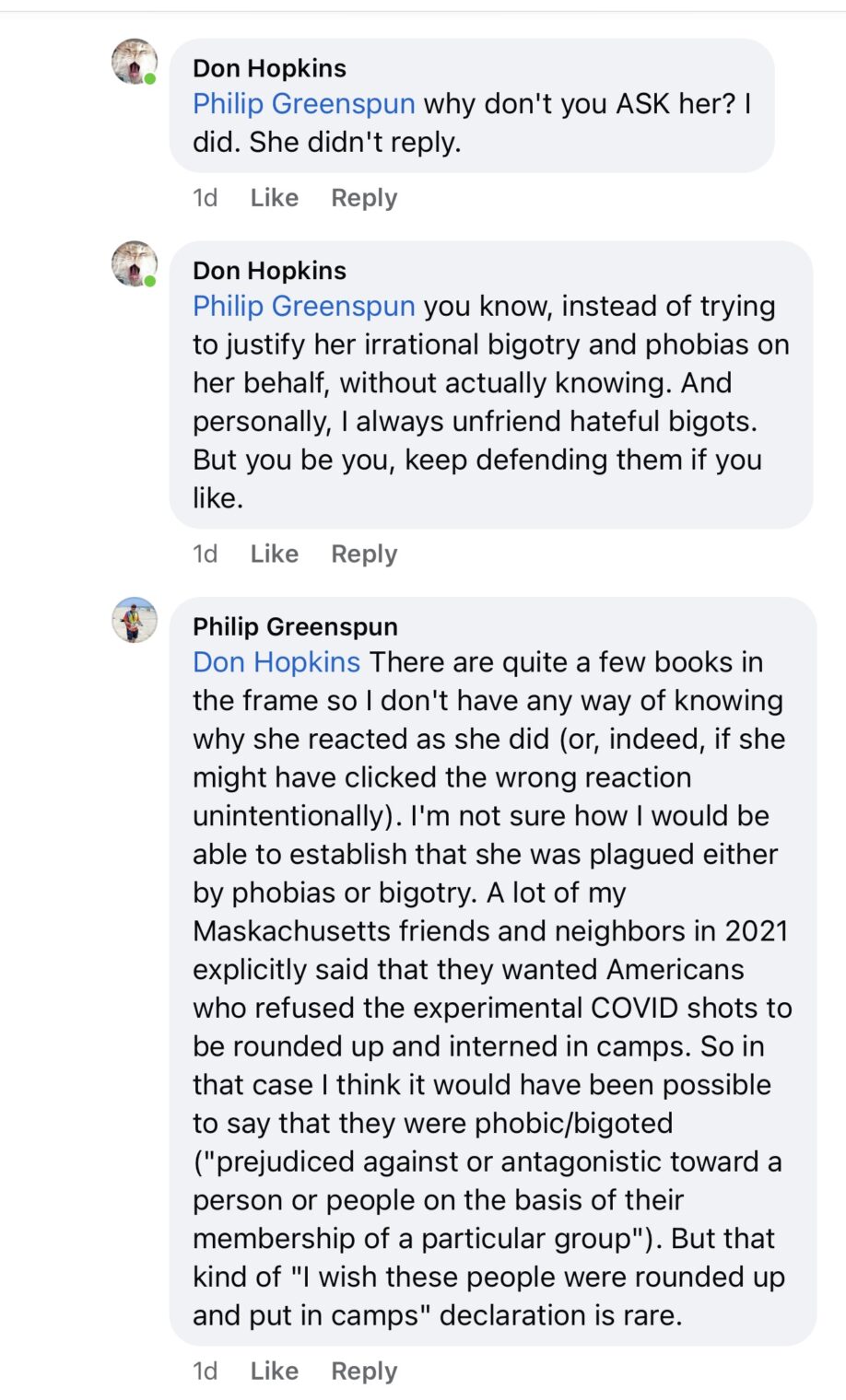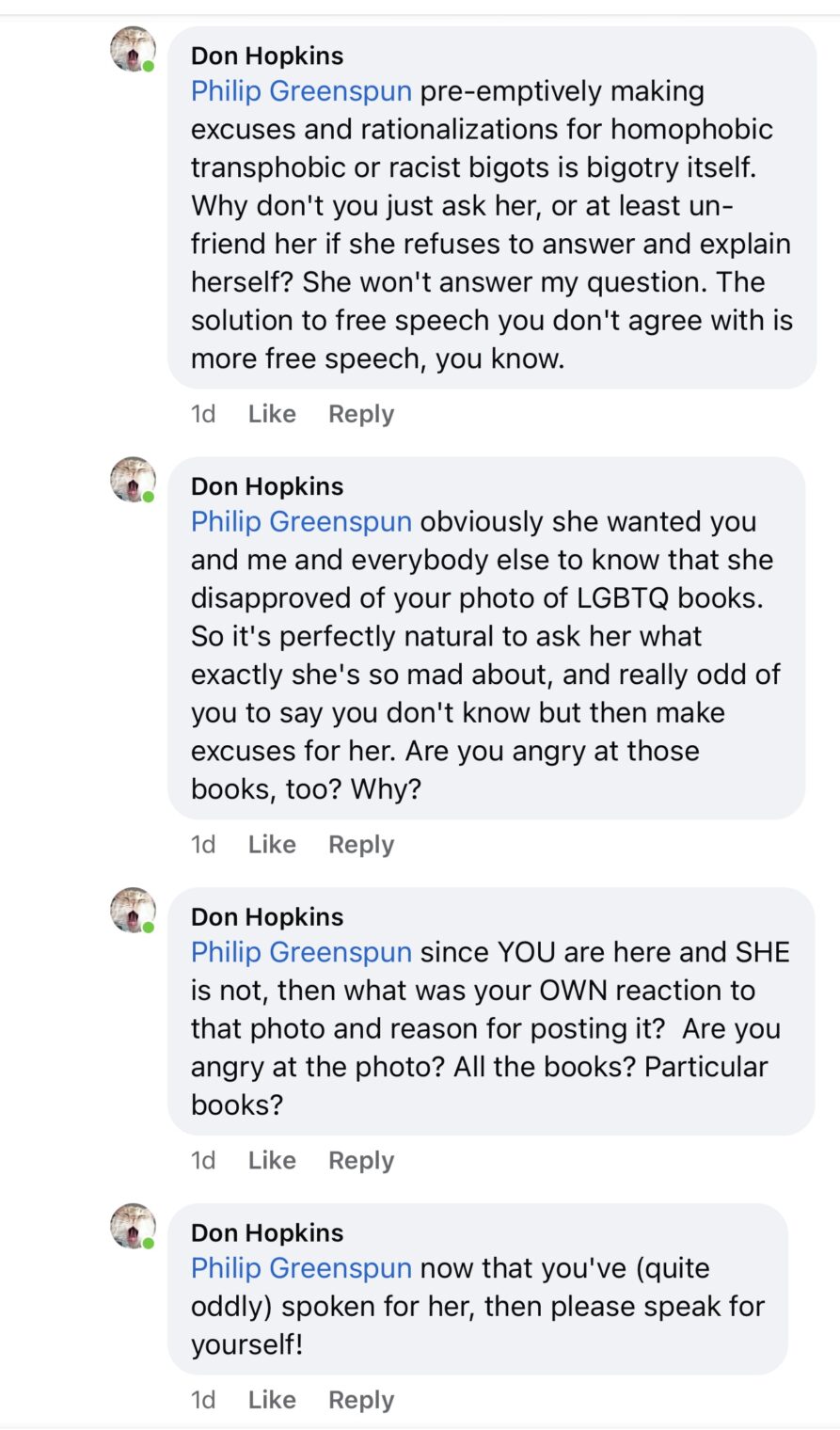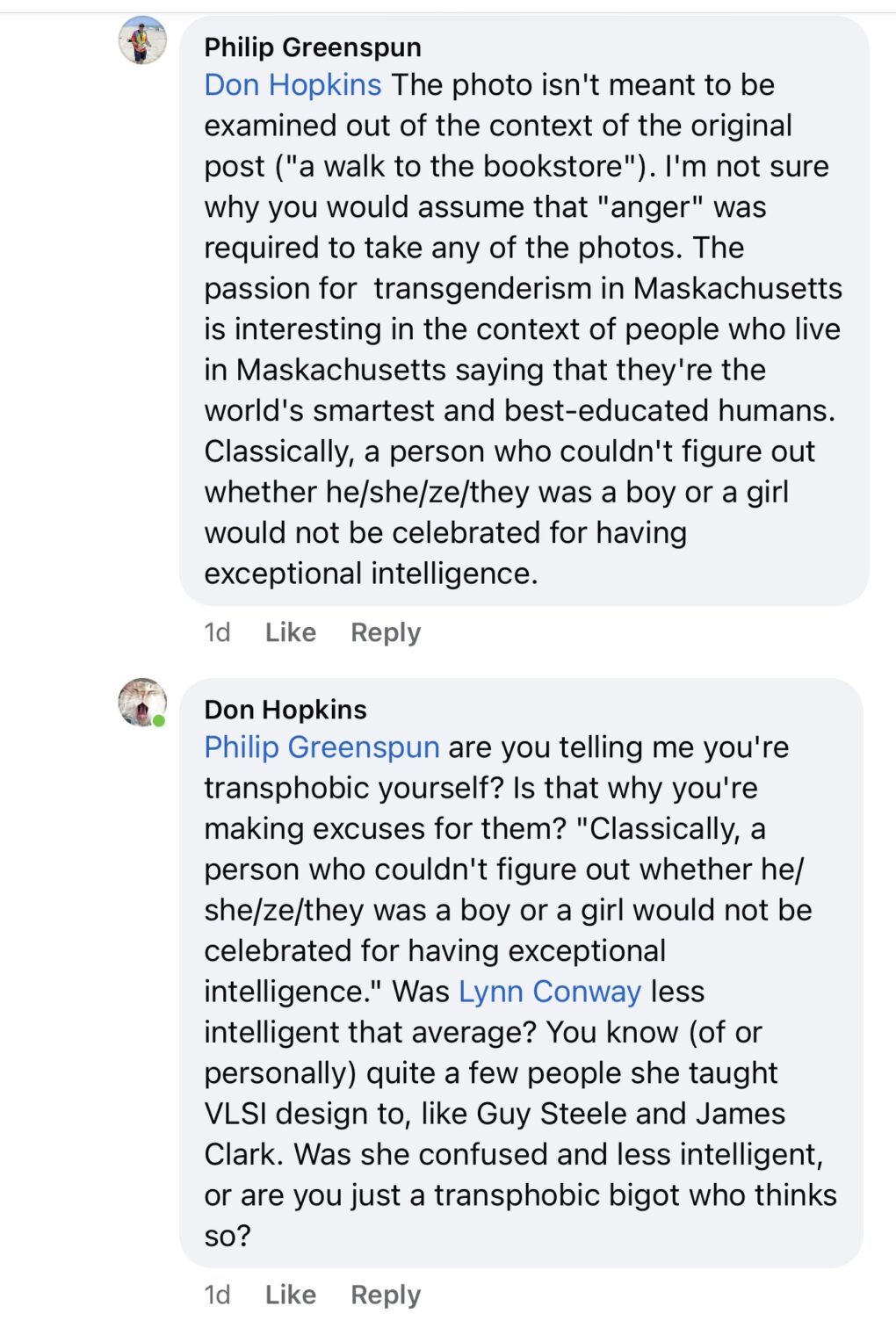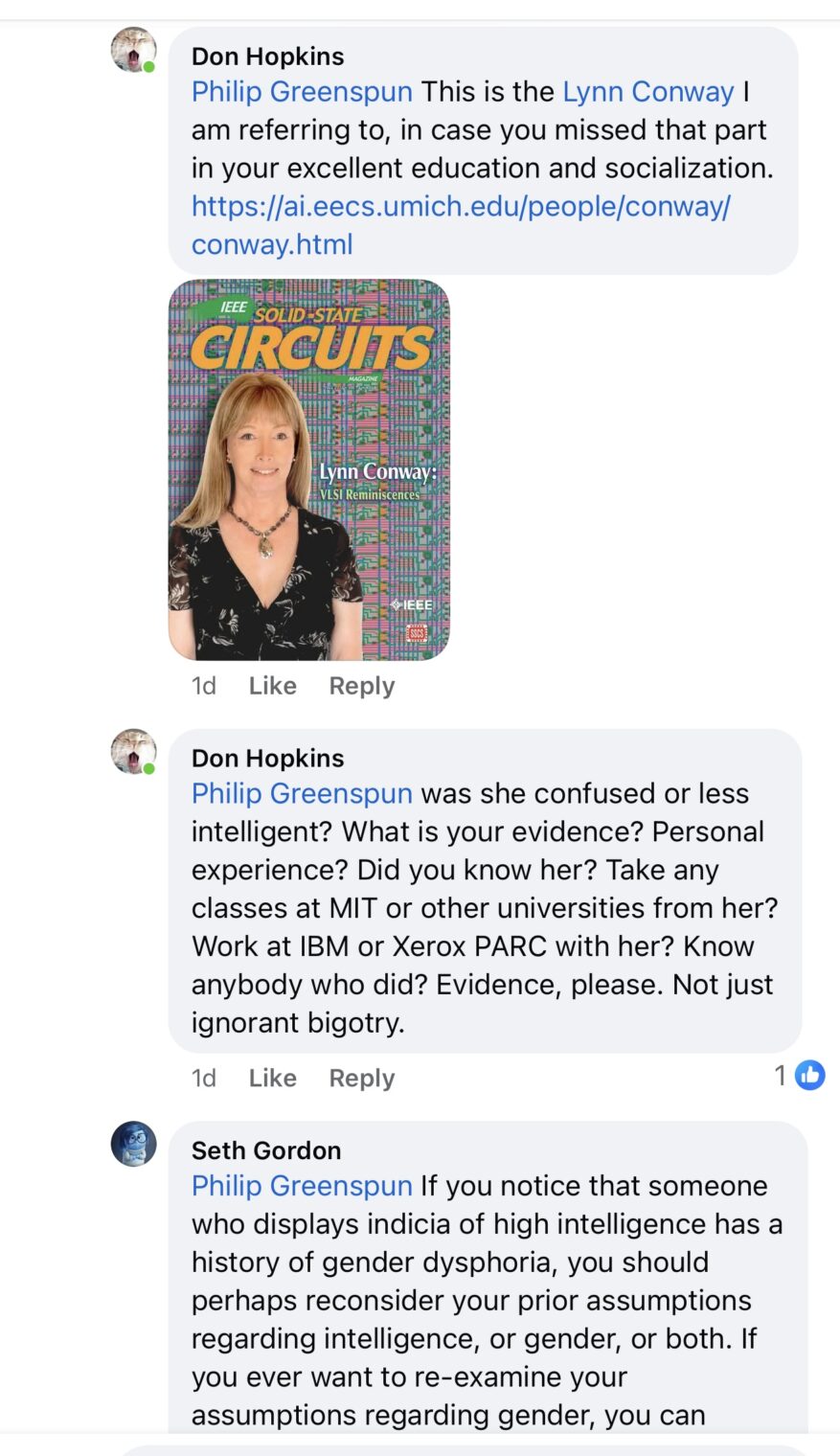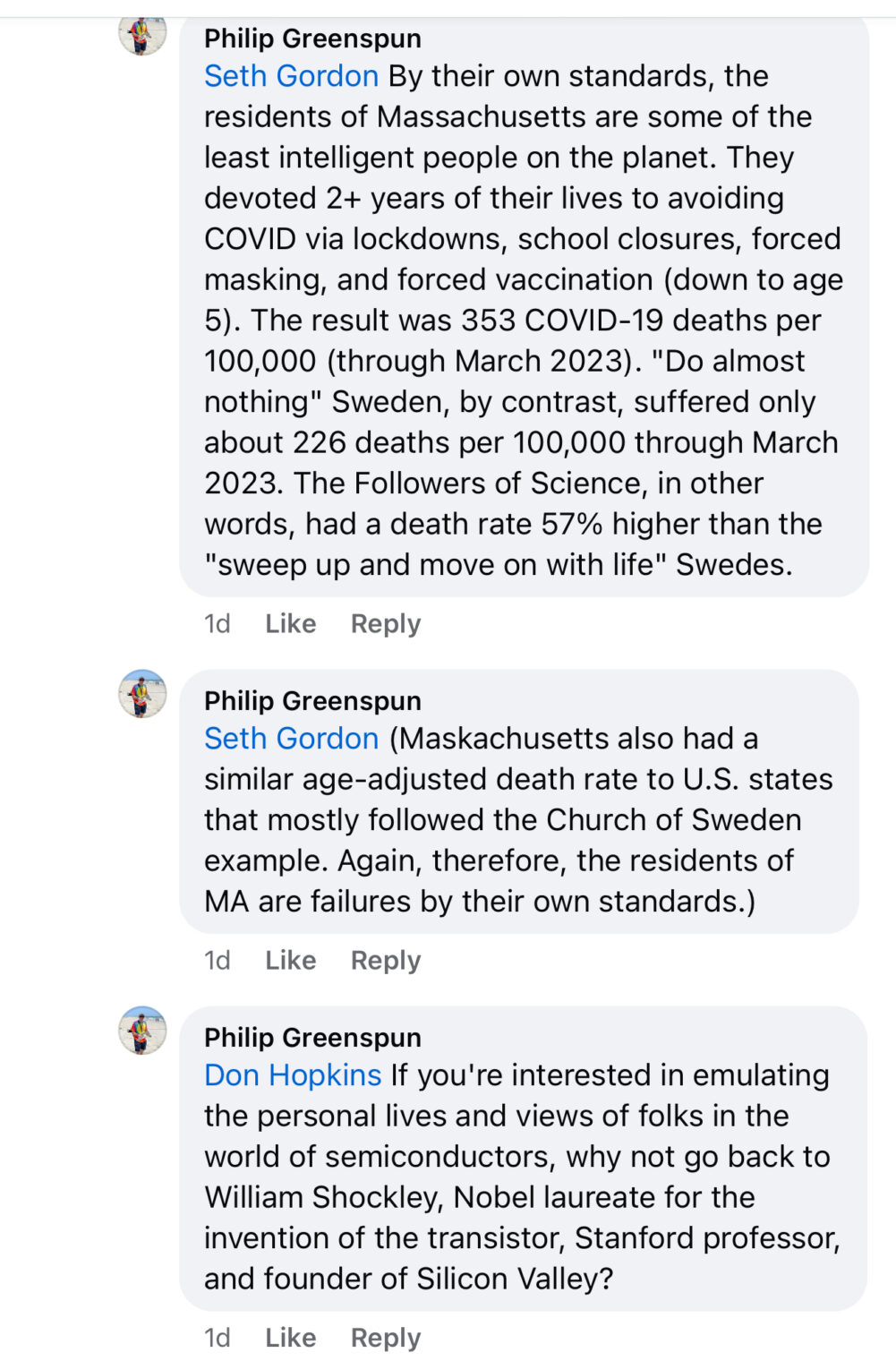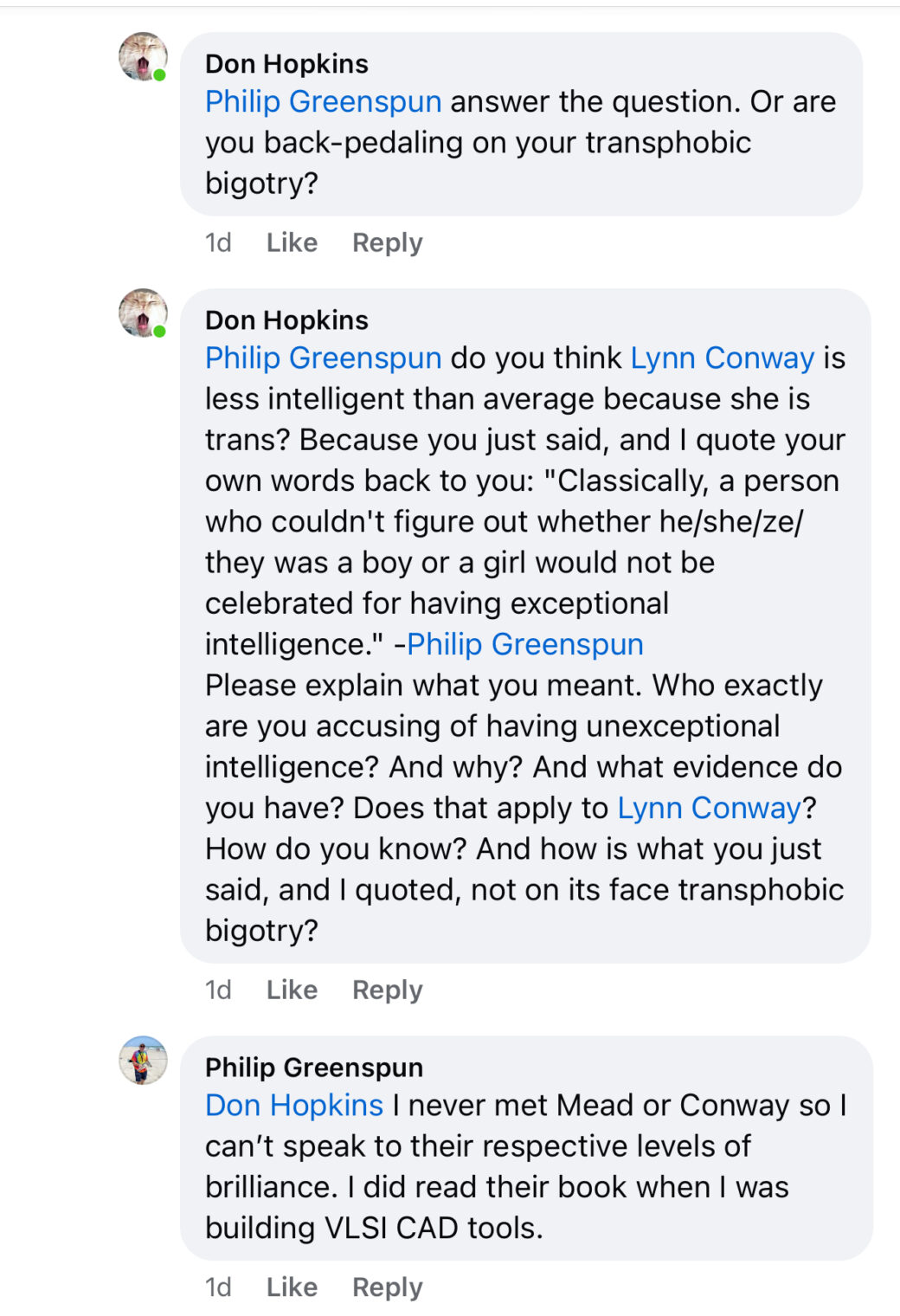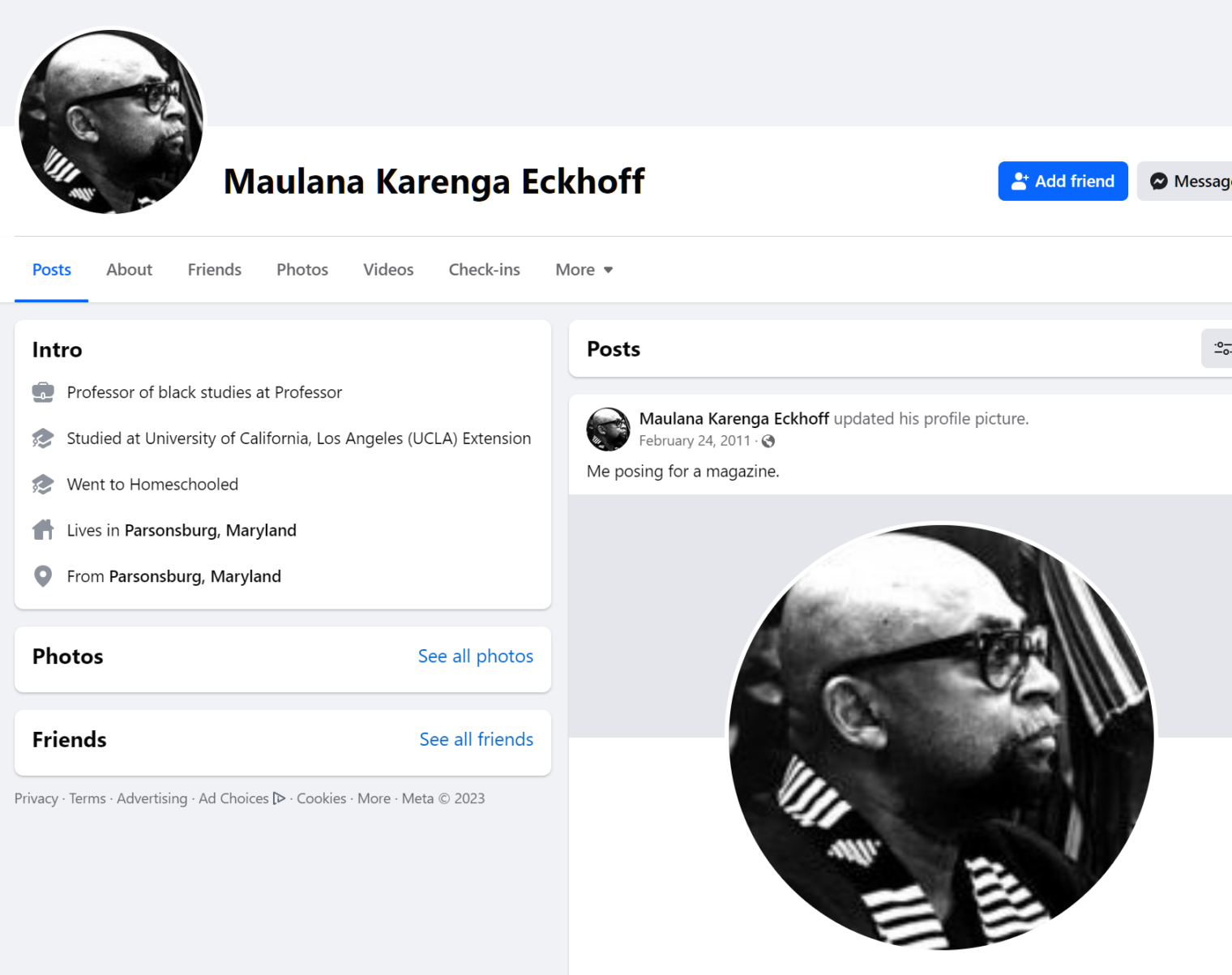A walk to the bookstore in Brookline, Massachusetts
Happy Independent Bookstore Day to those who celebrate. A follow-up to Why does every “independent” bookstore have the same political point of view?…
I posted the following images on Facebook with no words other than “A walk to the bookstore in Brookline, Massachusetts..” (neglected to include a third period for the ellipsis)
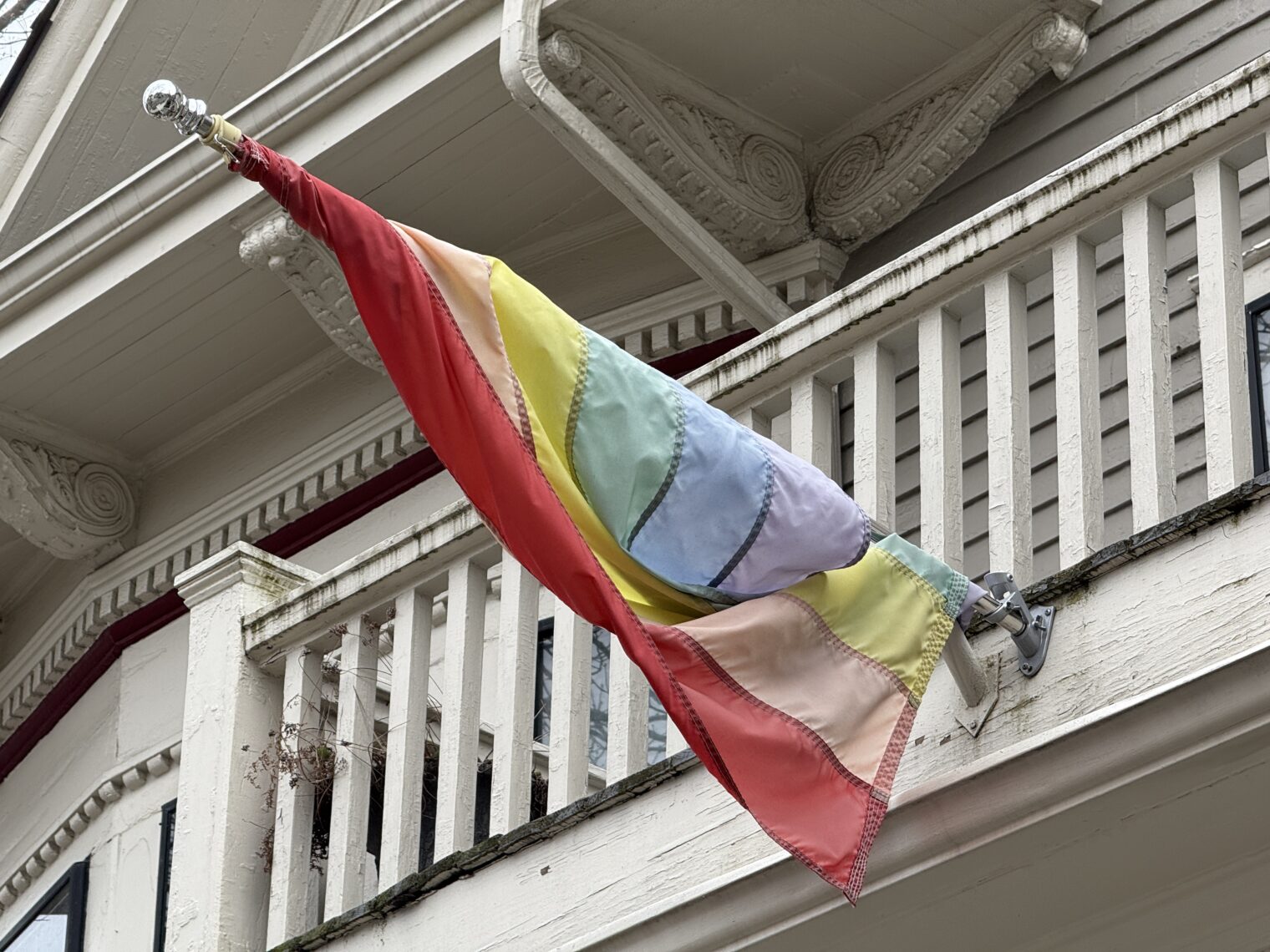
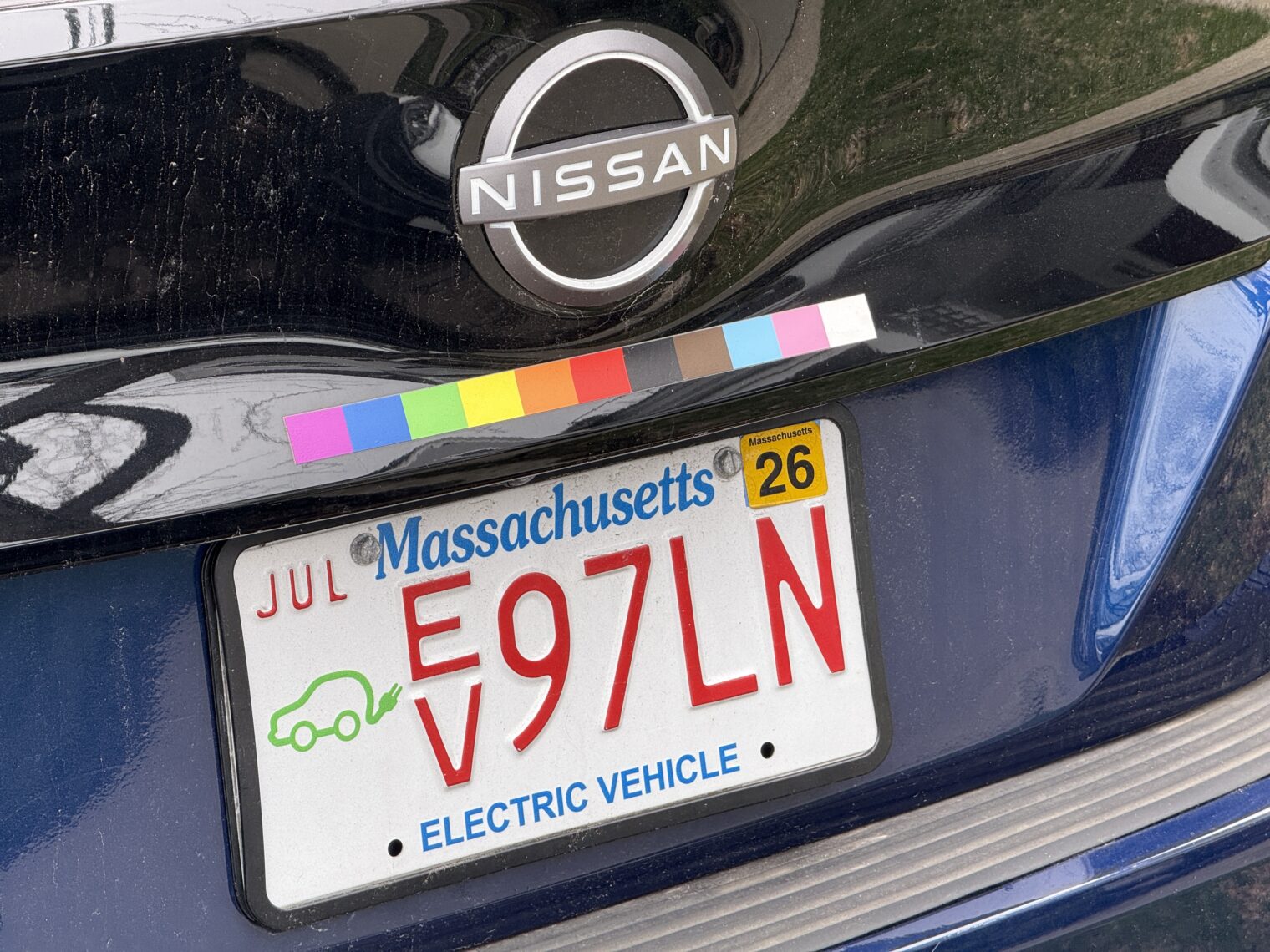
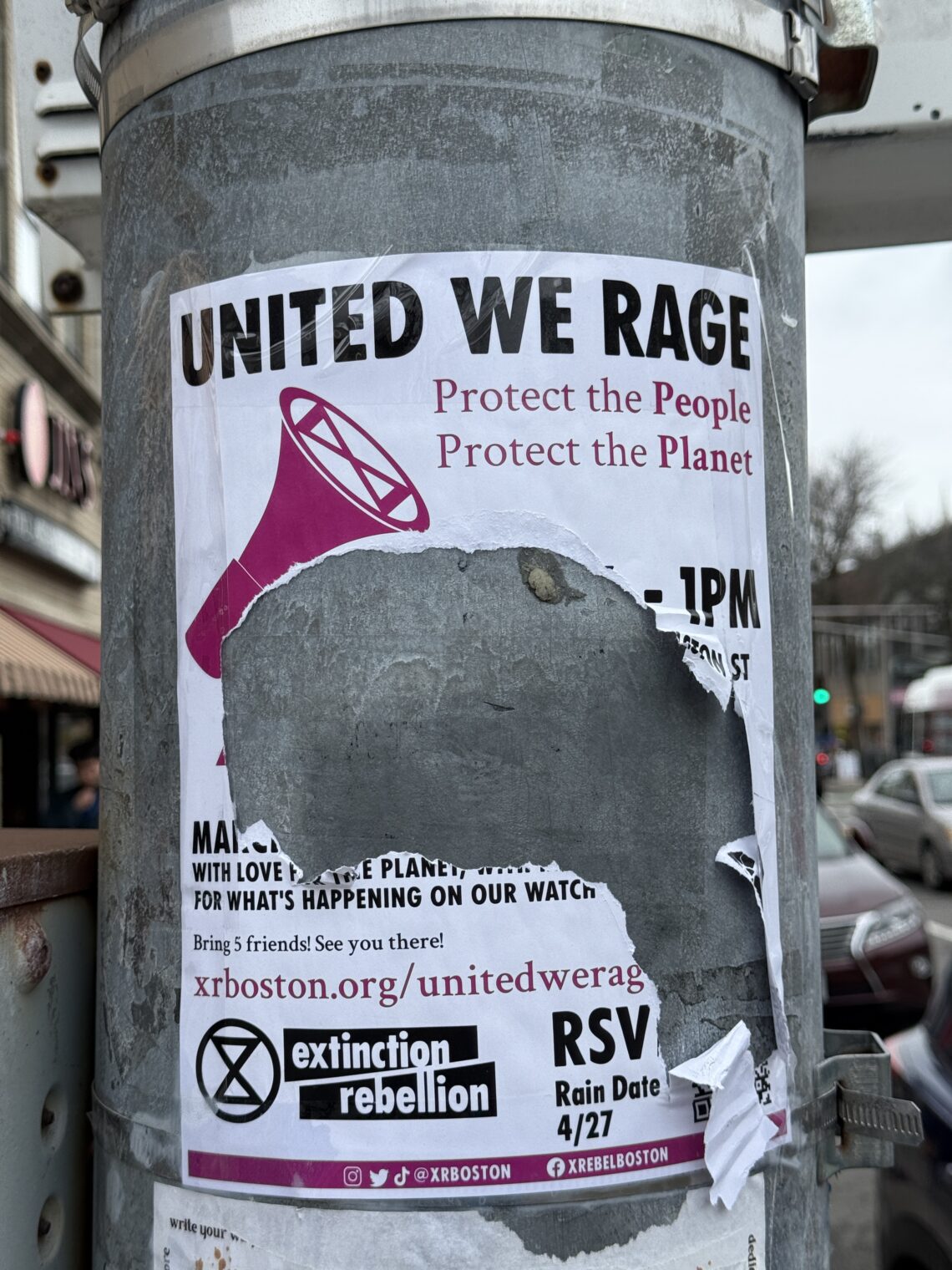
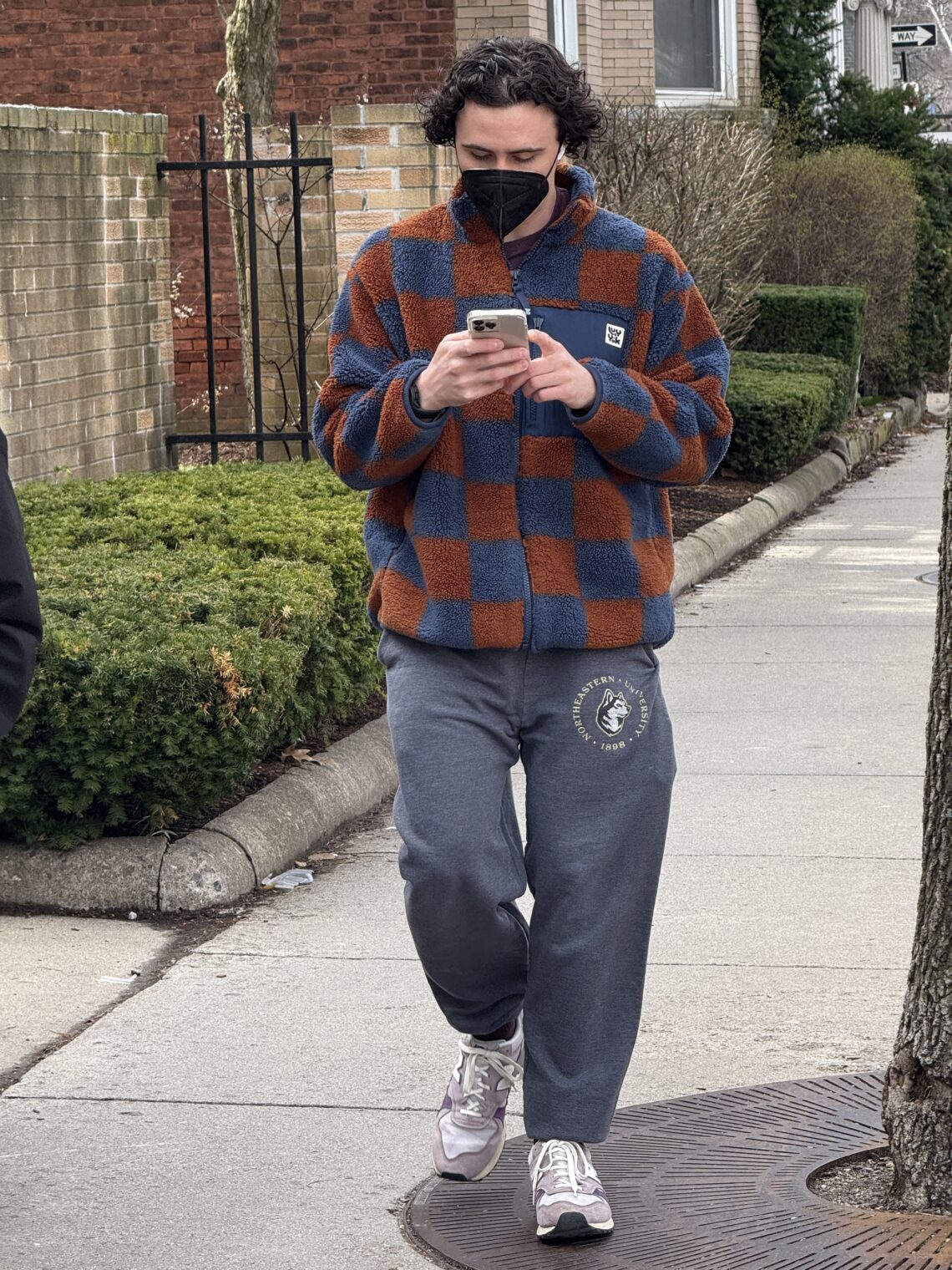

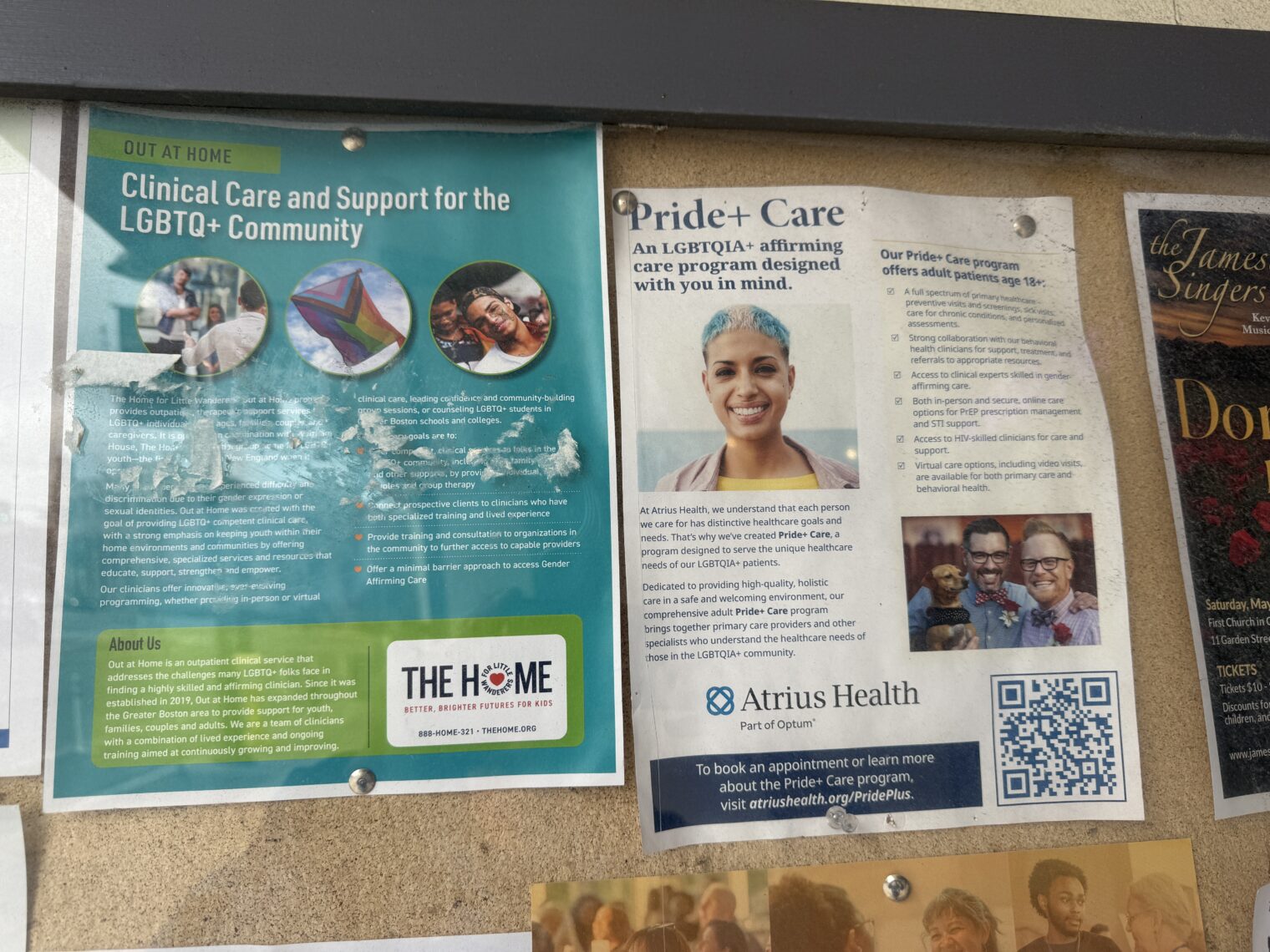


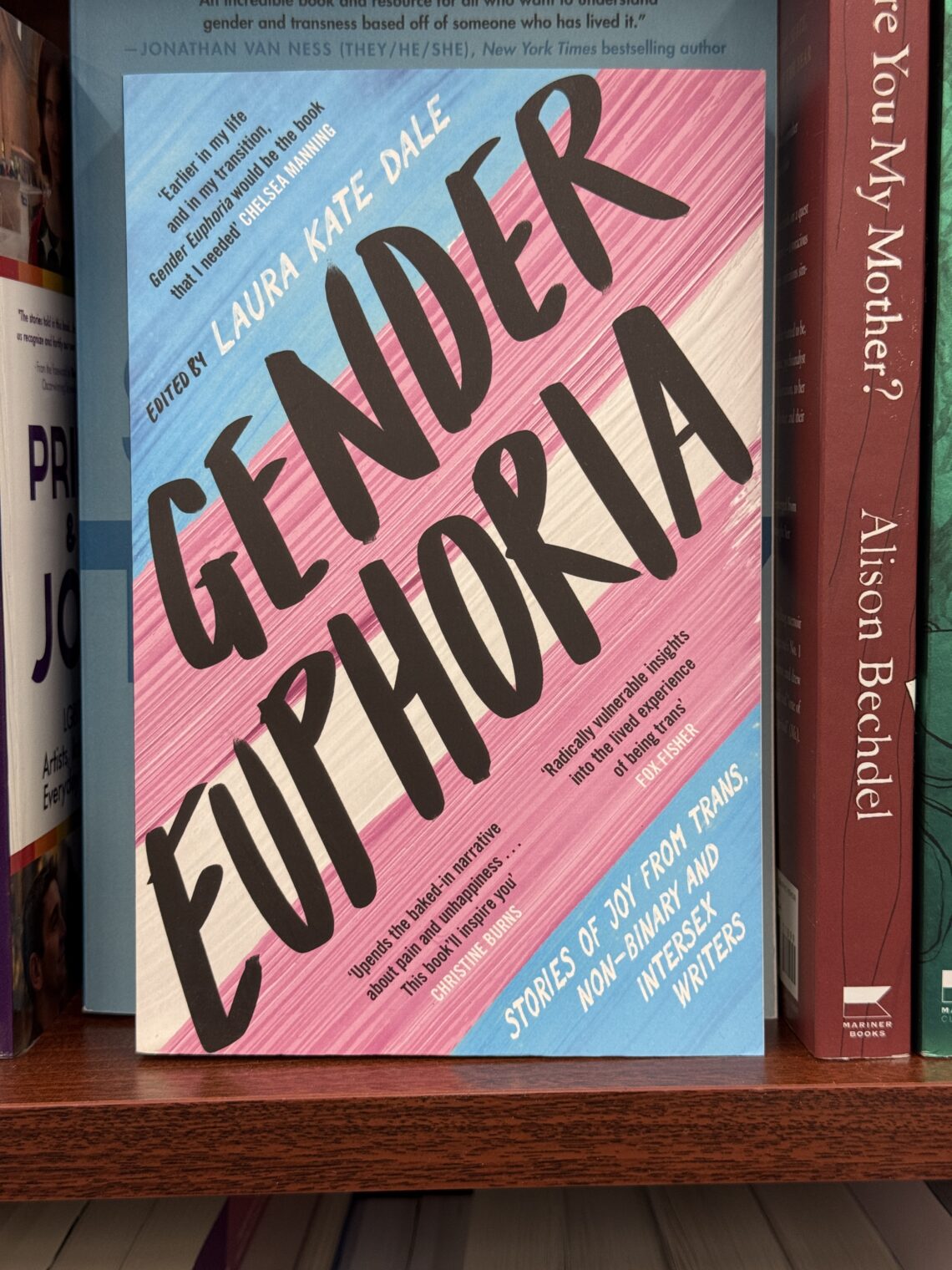
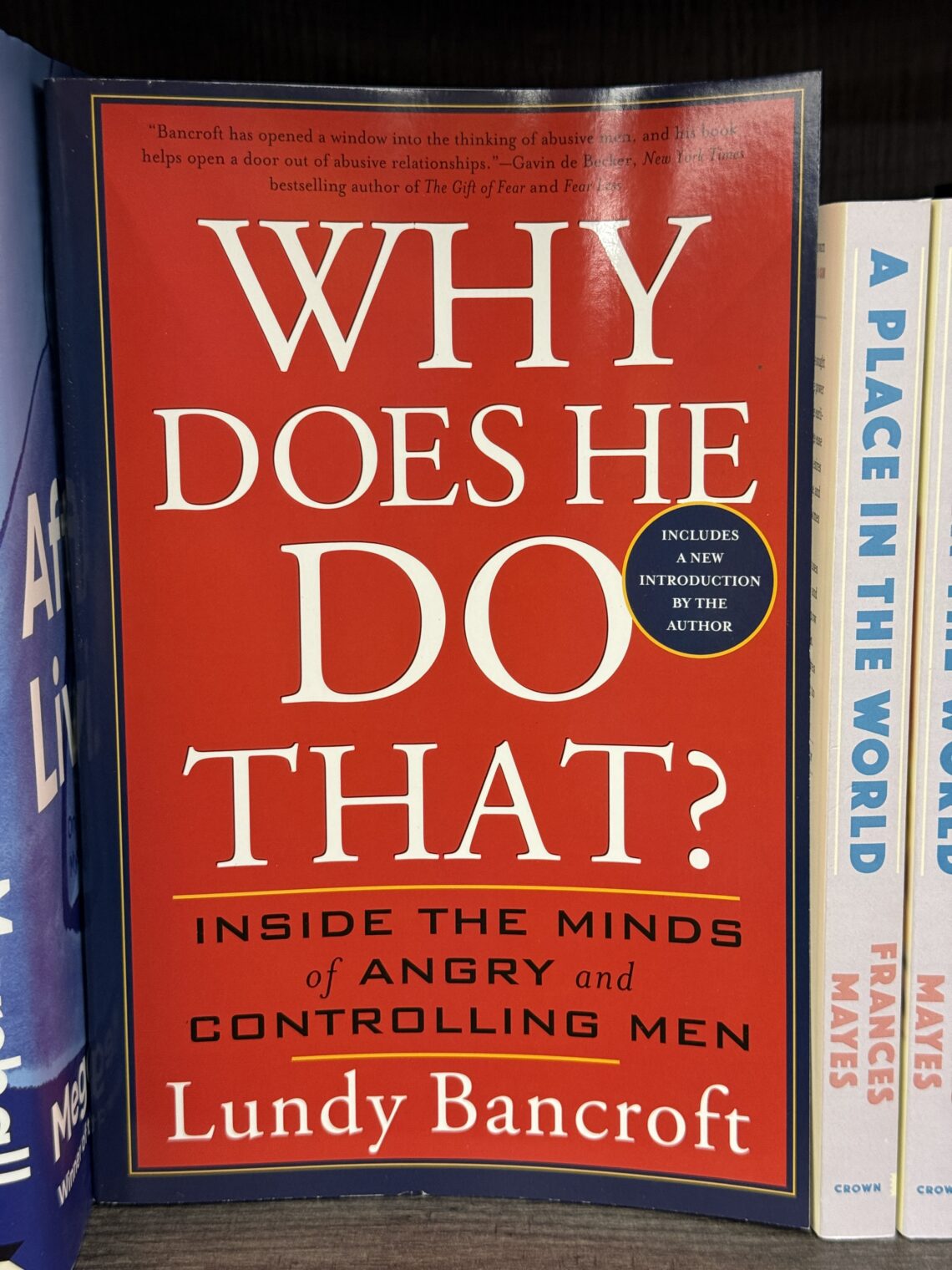
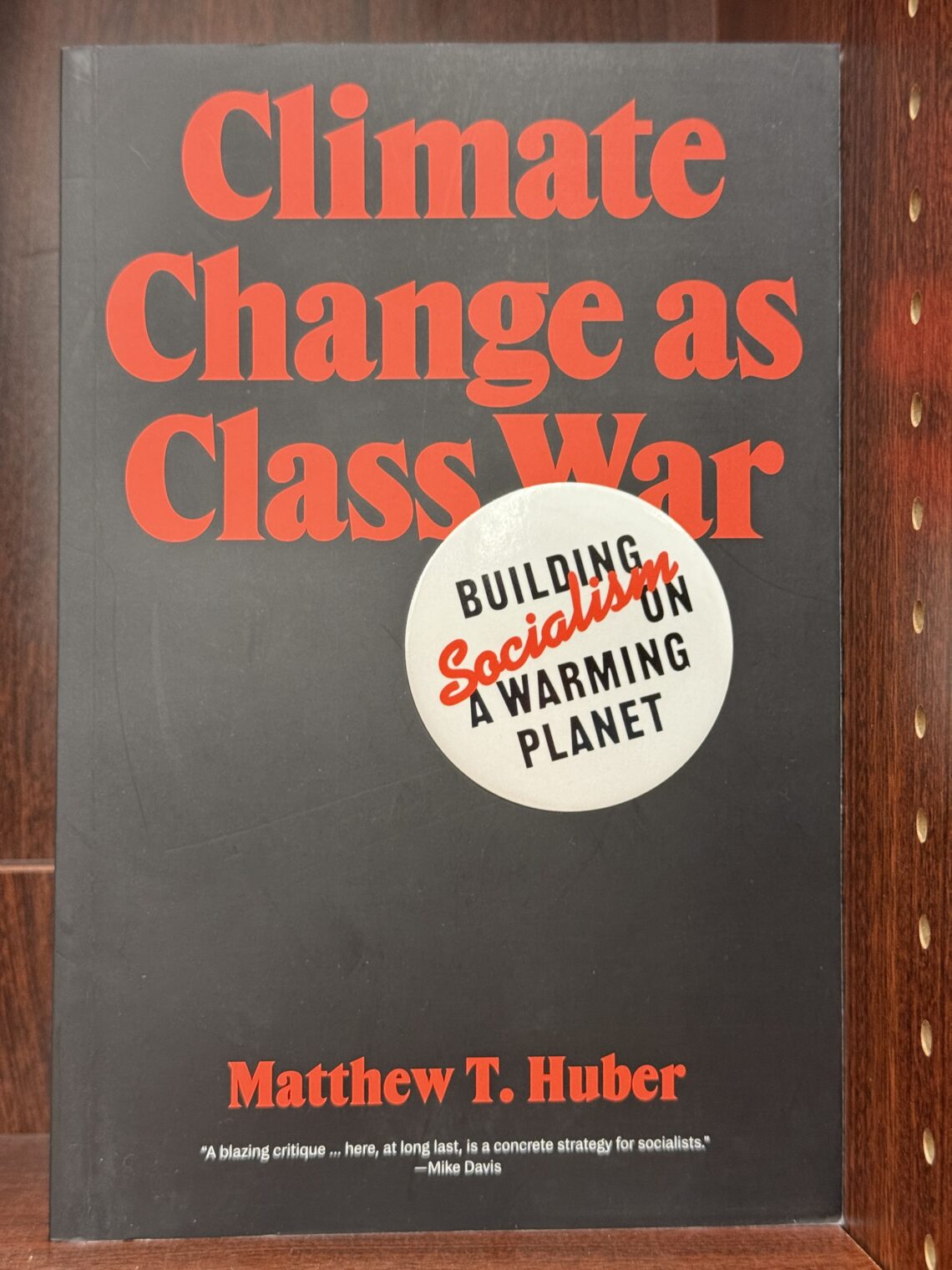
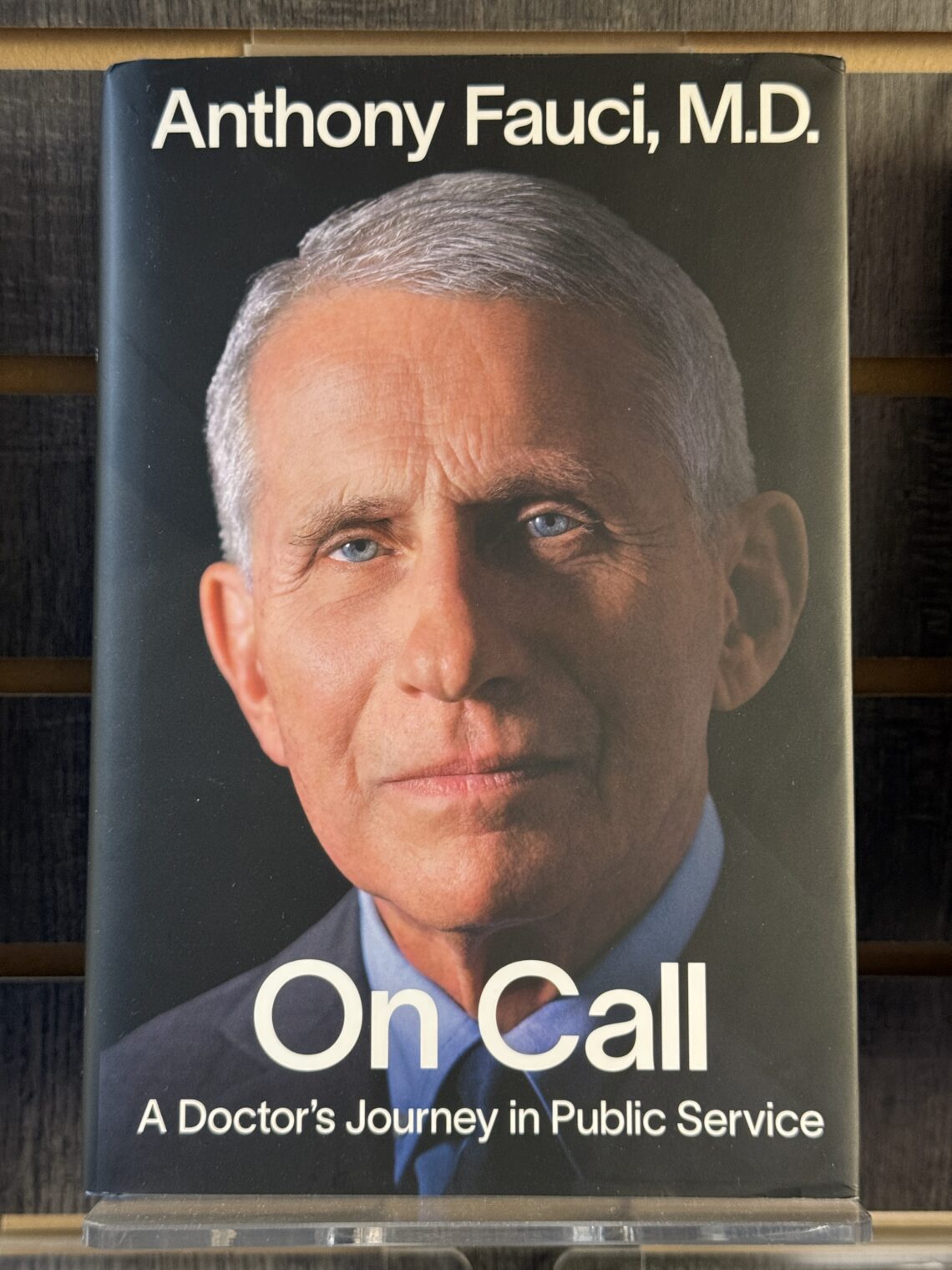

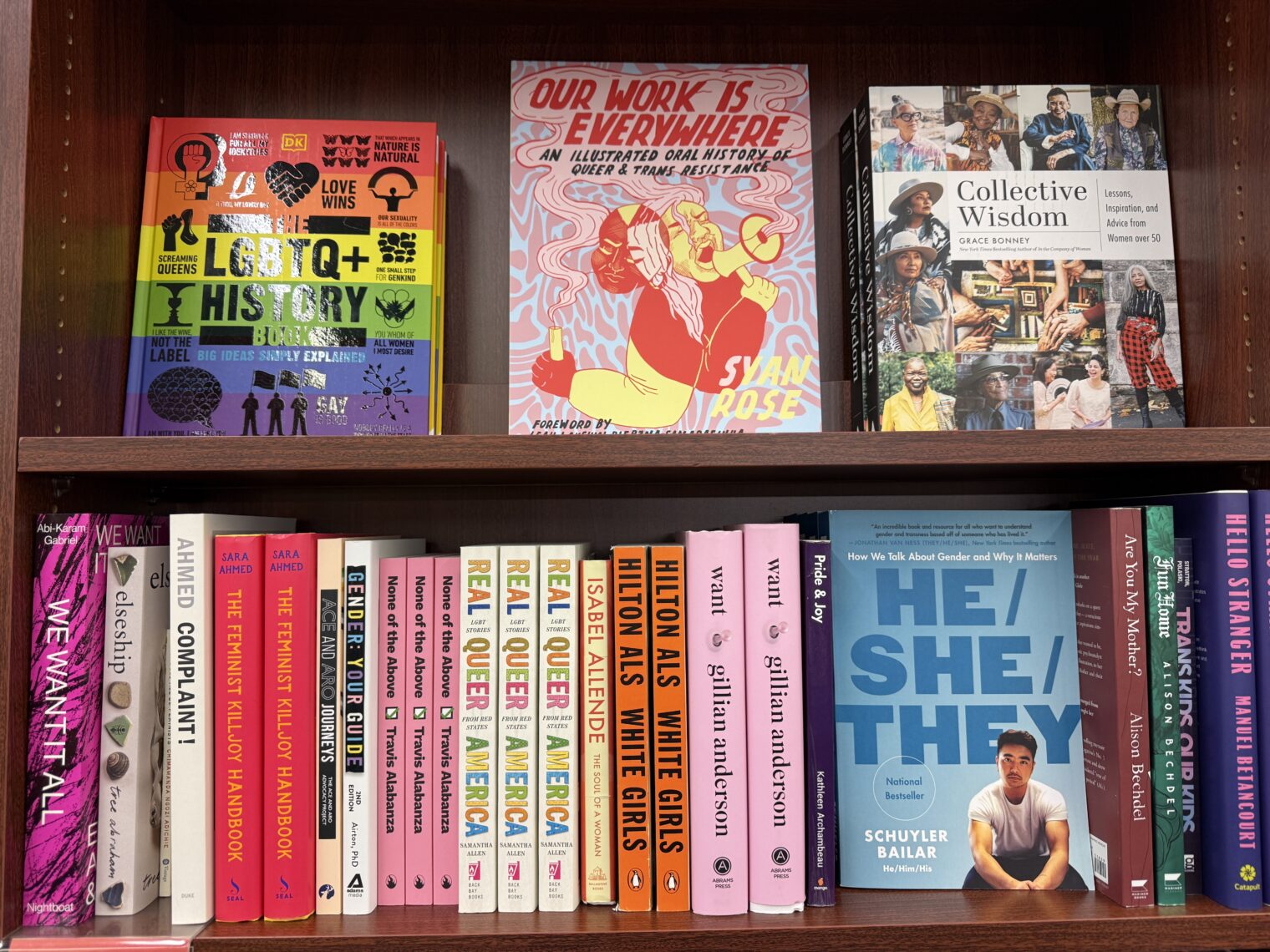
The results were far more dramatic than I had expected. Let’s look at only the comments on a single photo:
Don Hopkins, a software engineer old enough to have worked at Sun Microsystems, kicked off the thread:
(I don’t know anything about Lulu DeParis. I think that she lives in Maskachusetts, but this may not be her real name. And, in fact, I don’t know with any certainty that Lulu DeParis is a she, other than the inference from the name “LuLu”.)
The thread continued despite nobody having any idea why “LuLu” had reacted to the photo (maybe it was a mistake?).
The software expert says “obviously she wanted…”:
I unwisely offer an explanation of why pictures relating to Rainbow Flagism are interested (“Never complain, never explain”, said the pre-Islamic British, and how right they were!):
Don Hopkins then trots out a hero/heroine of transgenderism from the world of nerds. Seth Gordon, a Maskachusetts-based software engineer (his/her/zir/their profile says “Studied Women’s Studies Minor at Massachusetts Institute of Technology (MIT)”), chimes in with the assumption that the residents of Maskachusetts are, indeed, as intelligent as they claim to be:
I point out that folks in MA set up COVID-tagged death rate as the measure of a group’s intelligence and, by that metric, the residents of MA are not intelligent. The reference to a transistor nerd, of any gender ID, gives me an opening to cite William Shockley:
Don Hopkins doesn’t seem to read the “Classically” part of my statement as referring to the dark past and also “a person” as applying to 100 percent of those who are gender-confused:
Don produces some pictures from the late 1970s when VLSI design rules were fat (3000 nm (“3 microns”) vs. 3 nm today) and electrical engineers were thin:
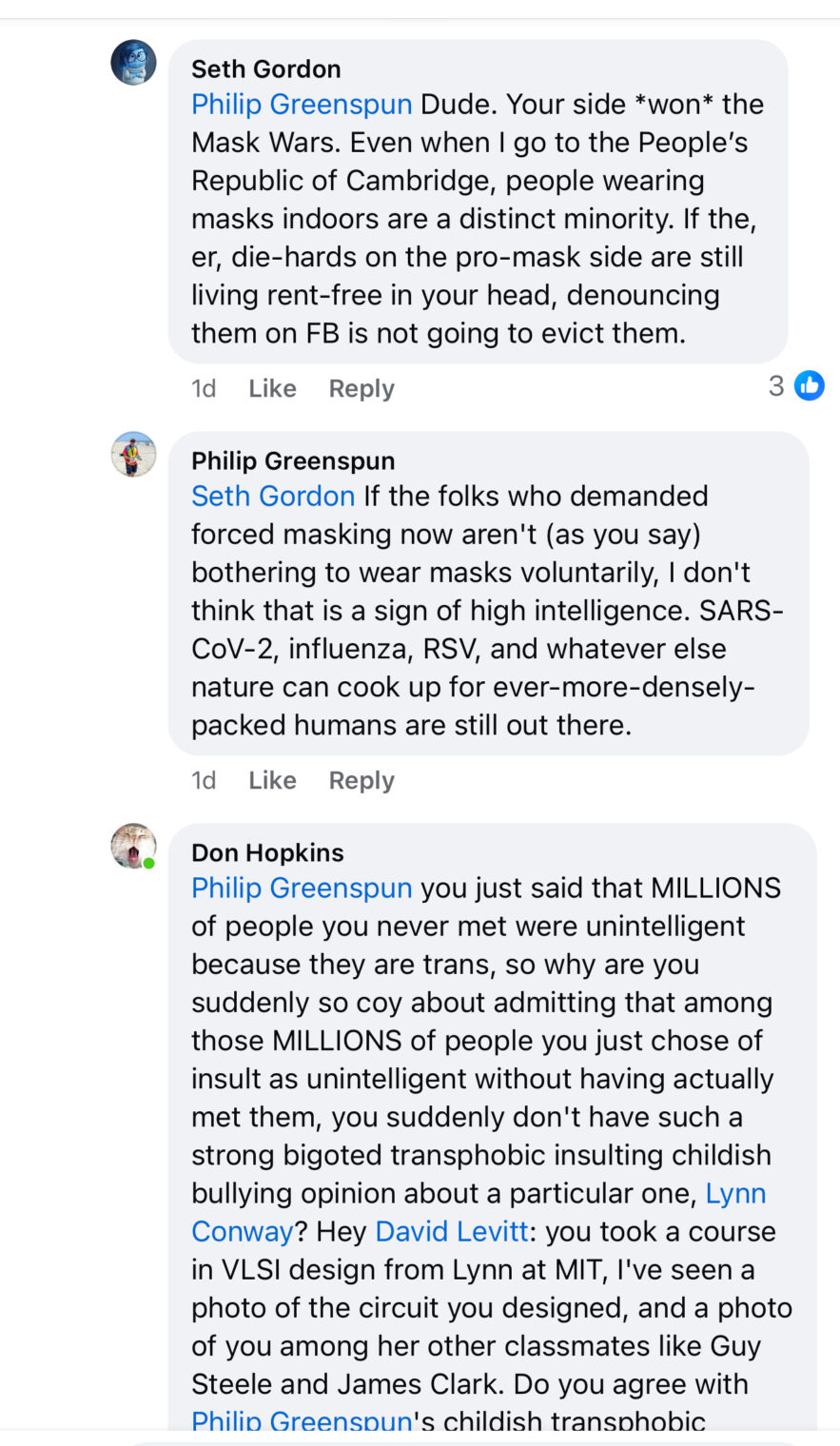
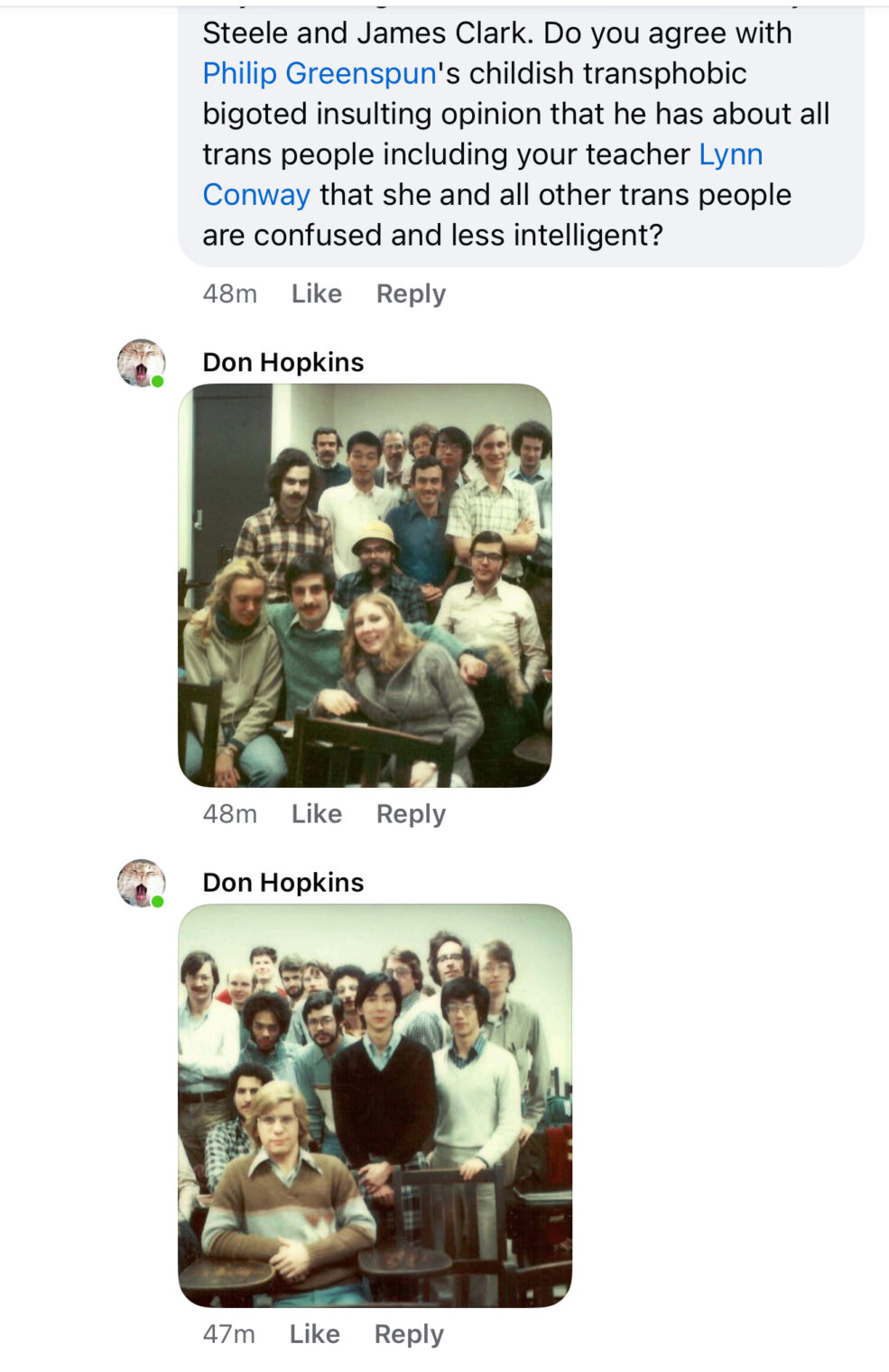

Mark Day, MIT PhD, pronouns on his LinkedIn profile, chimes in to note that I am “wildly prejudiced”. Don Hopkins pulls in David Levitt, last seen here in Did Albert Einstein ever say anything about empathy? and notes that I am “a hateful bully”:
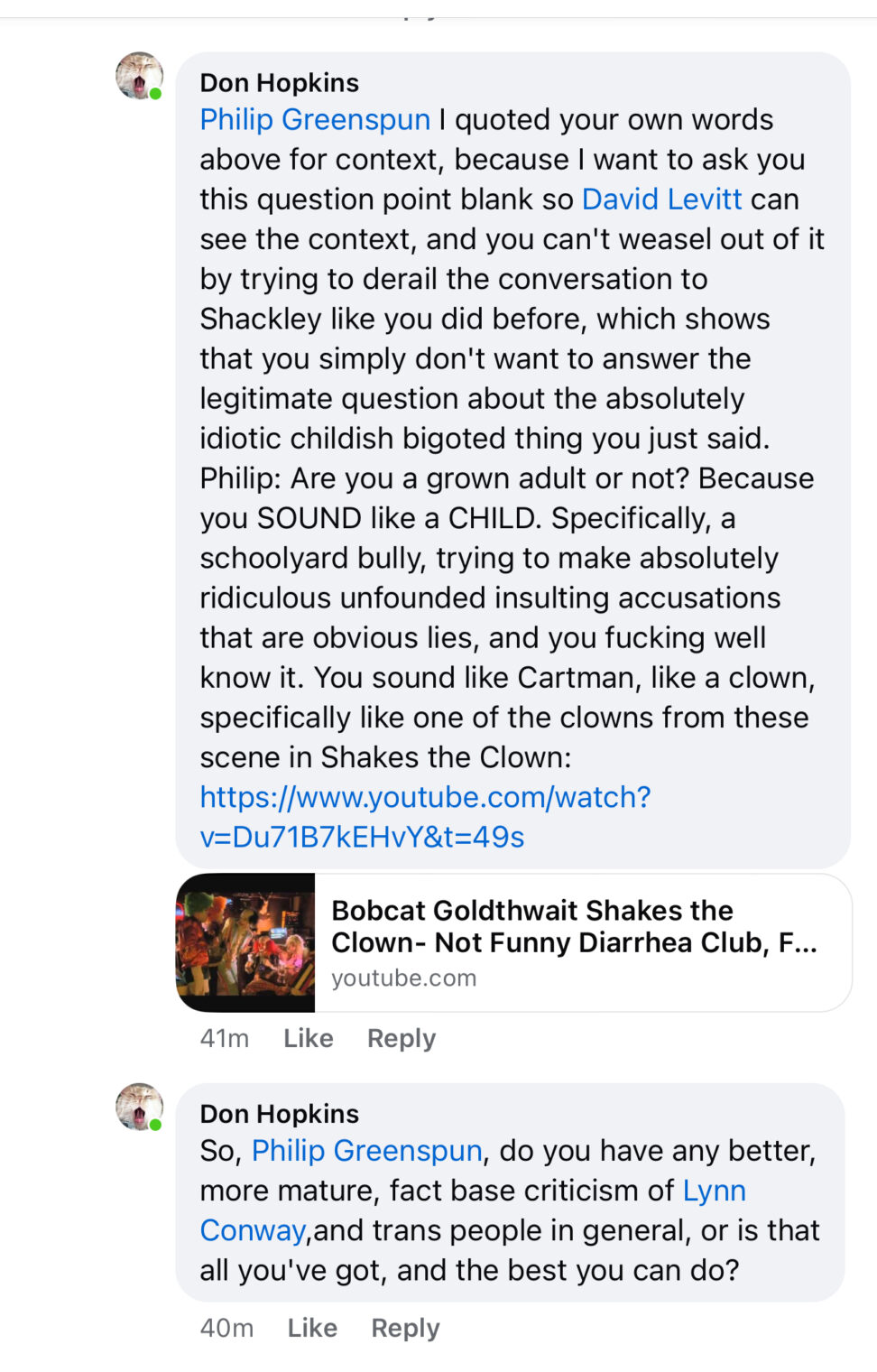
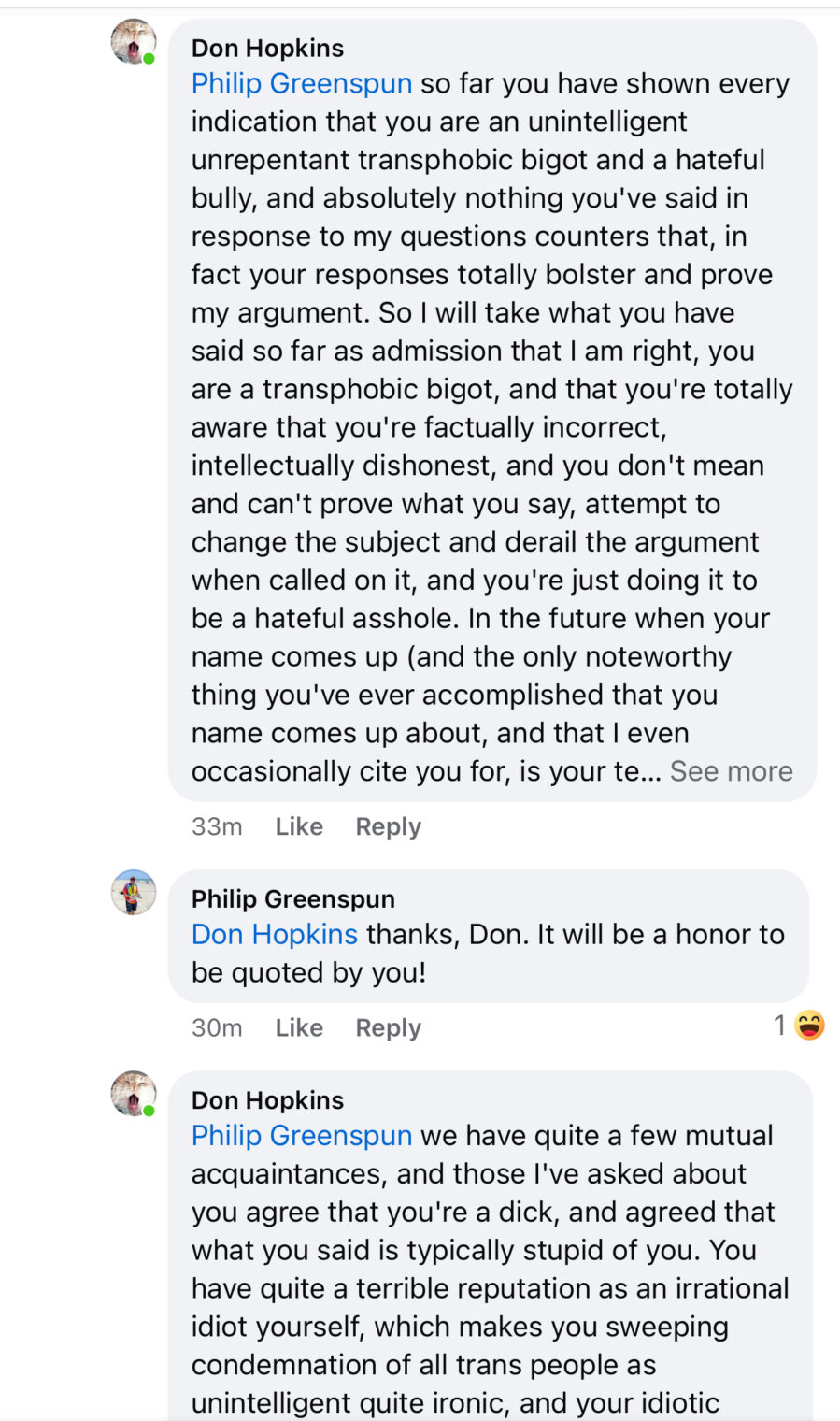
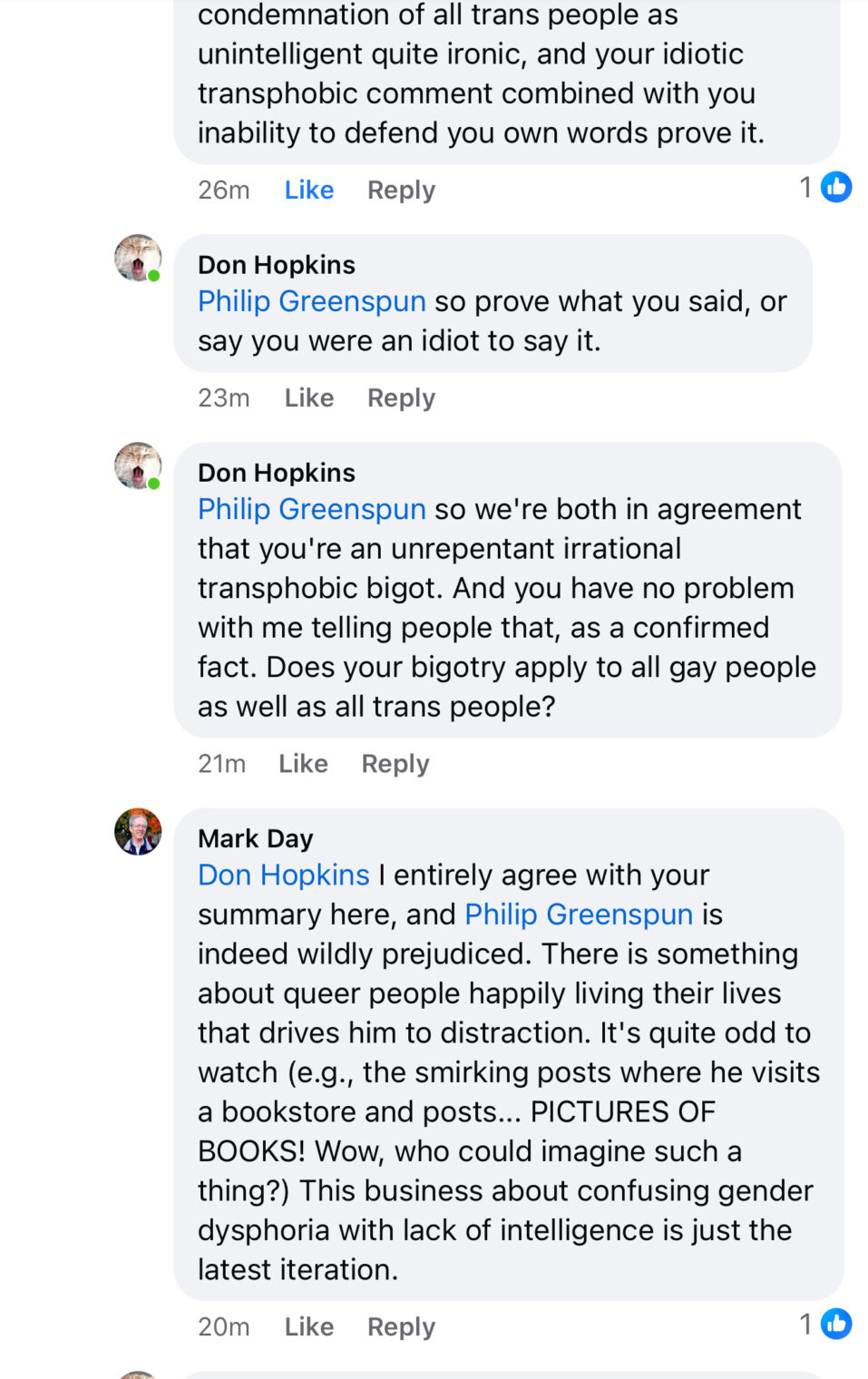
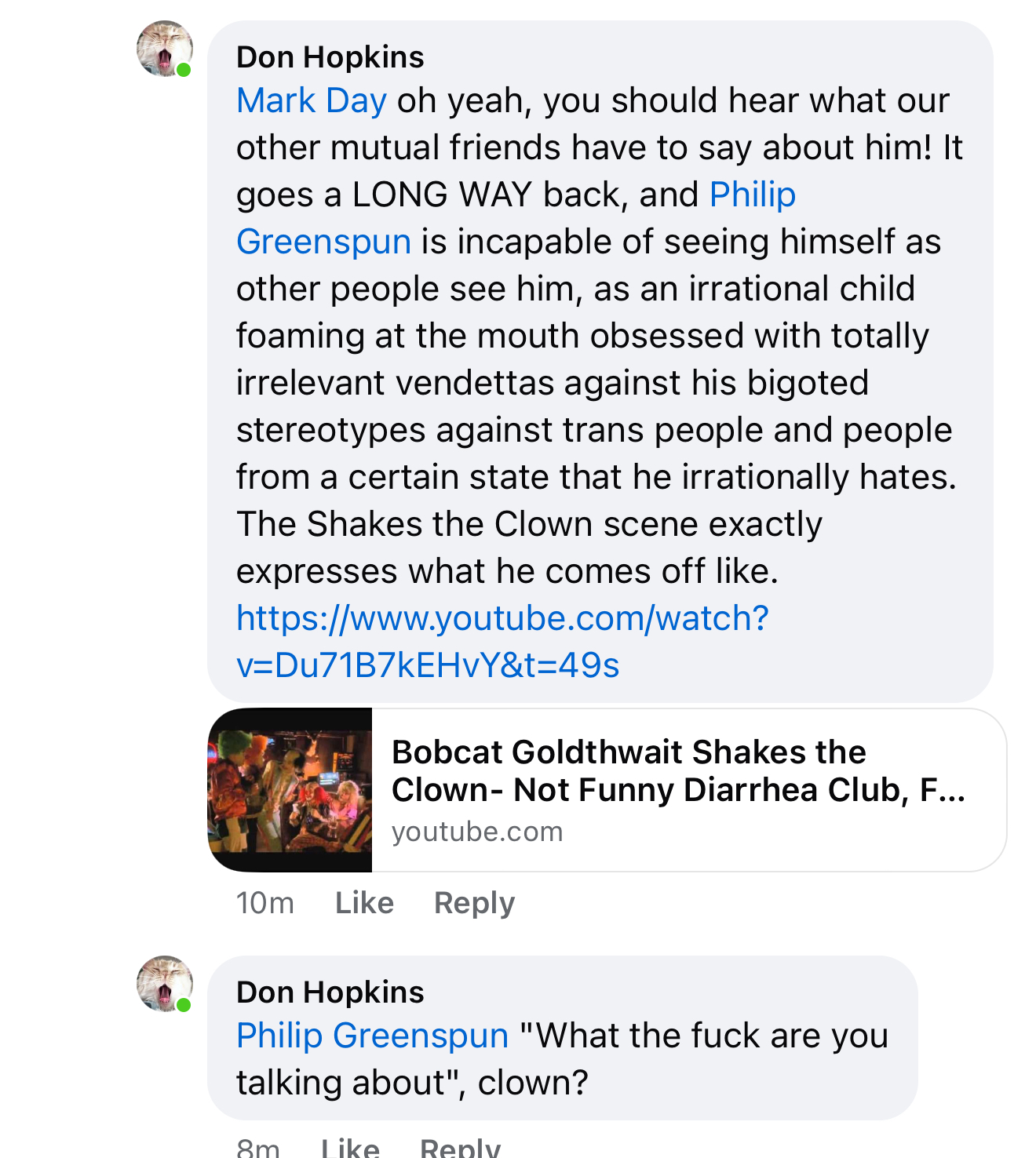
What is the opposite of being a “hateful bully”? Going back to all of someone’s recent Facebook posts and asking “do you hate gay people as much as you hate trans people? Why or why not?”:
He posted the same question as a comment on this post, which is literally about the weather:
(My response: “I certainly hate whoever was responsible for the steady rain and high-30s temps that afflicted me during my April visit to Boston!”)
I’m sure that Don Hopkins’s opinions of me are substantially correct, but I do find it interesting that pictures, without comment, of the righteous lifestyle are so upsetting to the righteous. You’d think that they’d be proud of their Rainbow-/mask-enhanced streetscapes.
Full post, including comments